Awareness raising, education and public participation
Education, awareness and access to information are key determinants of how meaningfully the public is involved in decision making processes, ultimately influencing the direction of development and environmental protection. Public participation is integral to sustainable development and conservation, which the Carpathian Convention recognises.
Article 13 of the Carpathian Convention seeks to guarantee policies that require public participation in implementing the Convention through decision making opportunities. In order to realize such, the public must first be aware of such opportunities and the activities of the Carpathian Convention. Thus, increasing environmental education, awareness and access to information on the protection and sustainable development of the Carpathians through curricula and programmes are necessary prerequisites. All of civil society must be involved in joint efforts: national governments, local authorities, businesses, NGOs, journalists, scientists, teachers and students.
Education for Sustainable Development
Meeting the needs of all people within the means of the planet and its ecosystems is a complex issue that the field of sustainable development faces. Education for Sustainable Development (ESD) addresses this issue by transforming education and enabling learning for people of all ages to fundamentally shift behaviors and institutions toward sustainable development actions.
ESD is a process that brings knowledge and practice together for implementing the 17 Sustainable Development Goals (SDGs). Highlighted in SDG 4.7, ESD seeks to transform learning for all people so that the needs of all people are met within the means of the planet and its ecosystems.
ESD is a lifelong learning process, meaning that it goes beyond just incorporating sustainable development issues into school curriculum; it applies to all settings for all people. Thus, ESD empowers individual and collective action among policy makers, scientists, students, researchers, educators, businesses and all other stakeholders.
The Carpathian Convention Secretariat has supported ESD-related initiatives in the Carpathians since 2008, which were bolstered under Hungary’s Presidency from 2017 to 2020 when Hungary prioritized ESD. In 2019, the first Carpathian ESD Seminar was conducted.
Since then, the Convention developed a Carpathian ESD Expert Network, which aims to strengthen the Convention’s networks, communication efforts and awareness-raising by strengthening cooperation across the Convention’s topics. The network brings together governmental experts nominated by the Parties, NGO practitioners, teachers and academic experts engaged in activities at the intersection of learning, education and sustainable development.
Related Working Groups and Initiatives
Selected Documents
Reports
Project Publications
Research Publications
S4C Research Agenda 2030 (Includes chapter on Participatory approaches and ESD)
Participation Publications
Related projects
- Carpathian ESD: Strengthening the ESD network in the Carpathian Convention via science-policy-practice interface
- Centralparks – The Carpathians belong to the most important European eco-regions. Biodiversity loss and increasing pressures threaten its outstanding natural values. Traditional approaches to resource management and nature conservation are no longer sufficient to guarantee long-lasting economic benefits and provision of ecosystem services.
- Integrating nature protection and sustainable tourism development into the Carpathian region via science-policy-practice interface
- Innovation in Rural Tourism
- BigFoot Project – Crossing mountains, crossing generations
- Move 4 Nature ESD – Teacher training programme on Education on Sustainable Development
- Carpathian Project – Protection and Sustainable Development in the Carpathians in a Transnational Framework
Vienna Programme Office
Secretariat of the Carpathian Convention
UN Environmnent
Vienna International Centre
PO Box 500
A – 1400 Vienna
Tel: +43 1 260 60 83038
Mail: info.carpathianconvention@un.org
TOPICS:
Large Carnivores
Education for Sustainable Development
© Secretariat of the Carpathian Convention
POWERED BY:

